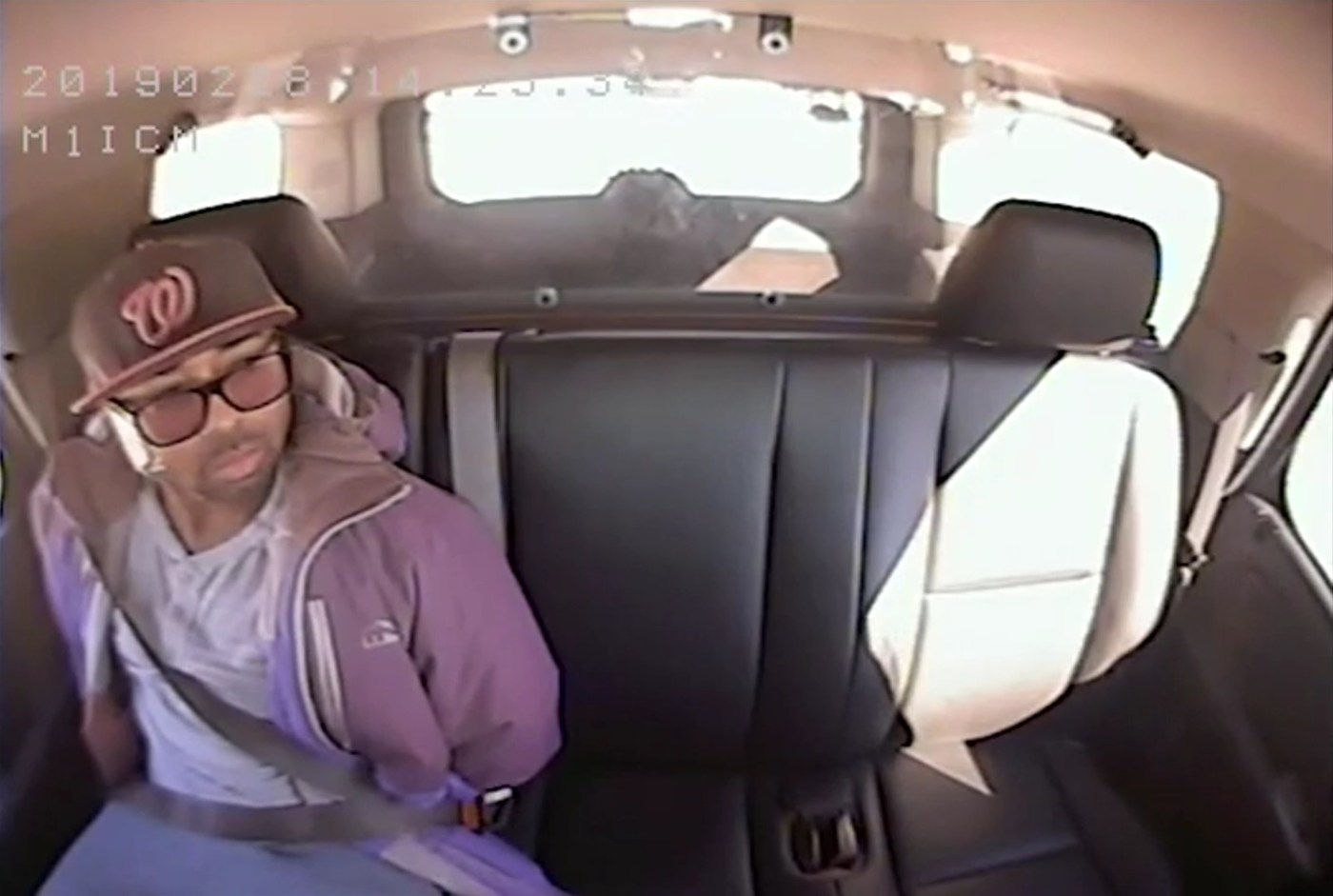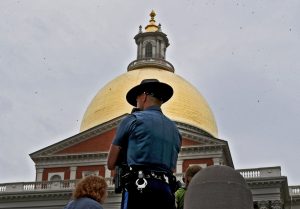
Convicted kidnapper of Jassy Correia appeals
The man convicted in 2022 of kidnapping Jassy Correia from a Boston nightclub in February 2019, resulting in her death, is appealing.
Correia went out late the night of Feb. 23, 2019, with friends to celebrate her upcoming 23rd birthday. At the Venu nightclub in Boston’s Theater District, relations became a little strained — as was described in detail during the trial last summer — and Jassy did not leave with them as was planned. Instead, she made to find her own way home.
That’s when she, shoeless, cold and vulnerable, met Louis Coleman III, who had been in the club at the same time as her and was walking down the street just as Correia was denied entry into someone else’s Uber.
Around two hours later, security camera footage would show the horrifying sight of Coleman dragging her limp body through the lobby of his Providence, Rhode Island, apartment building, into the elevator and, finally, into his apartment.
By Feb. 28, 2019, Delaware State Police Trooper Hasan Halis spotted a red Buick Regal driven by Coleman moments after a radio call went out to be on the lookout for the vehicle, which the operator said was wanted in connection with a homicide. Coleman would tell the officer that, yes, there was another person in the car and that she’s “in the trunk.”
Her body would be found stuffed and folded into a blue suitcase just where he said it would be.
On June 1, 2022, a federal jury convicted Coleman of kidnapping resulting in death, which carried an automatic penalty of life in prison. Now Coleman has filed an appeal demanding the First Circuit Court of Appeals “to vacate his conviction and order the court to dismiss the case or to vacate and remand for a new trial.”
In short, the appeal brief argues that while Coleman never contested that he caused Correia’s death, he wasn’t charged with homicide and that “The government’s kidnapping case was not strong; it was largely circumstantial.”
“The government did not charge Coleman with homicide. It charged him with kidnapping resulting in death, requiring it to prove … that Coleman inveigled or decoyed Correia, held her against her will for an appreciable period, and did so to get some benefit,” the brief recently filed by attorney Christine DeMaso argues in its introduction.
“This charging decision gave the two unrecorded hours between their meeting and his return to his building critical importance,” DeMaso continues, admitting some facts like that he did cause her death and that the pair had sex, whether consensual or otherwise, in his car.
But, the appeal argues, “indictment recited the elements of kidnapping without particularizing the seizure, holding, or purpose elements. … The government filled this void with allegations that were not presented to the grand jury; that Coleman lured Correia to his car to sexually assault her, did so, and killed her when she struggled.
It said that by doing so, government prosecutors prevented him from “adequately presenting his theory of defense,” which is that “Correia accompanied him willingly, had consensual sex with him, and died when ‘a sudden and unexpected argument’ she initiated turned violent.”
The 107-page document details a medley of complaints about Coleman’s trial, chief among them that he does not find the court had adequate evidence to convict him of kidnapping resulting in death. This is granularly argued under subheadings like “There was insufficient evidence that Coleman held Correia against her will for an appreciable time,” “There was insufficient evidence that Coleman held Correia for ransom, reward, or otherwise,” and “There was insufficient evidence that Coleman intended to kidnap Correia.”
A large portion of the brief also claims a racial bias to Coleman’s conviction
“Coleman, a Black man, asked the court to show prospective jurors a video about implicit bias and offered expert testimony describing the impact of negative police encounters on Black men,” according to the brief, which argues that the court erred in denying these motions.
This portion of the brief bolsters its arguments by citing writings by Supreme Court Justice Thurgood Marshall on the horrors of slavery. It also includes court cases that argue not enough has changed in race relations since that time, like this selection from the 1977 Supreme Court affirmative action case Regents of University of California v. Bakke:
“The race-based gaps that first developed centuries ago are echoes from the past that still exist today. By all accounts, they are still stark.”
It says that each of these claimed errors of the court require reversal, but that “even if none alone suffices, the cumulative-error doctrine demands reversal.”
Jassy Correia (Obituary photo, Courtesy / Dolan Funeral Home)
Louis D. Coleman III seen on the stairs of Venu, the Boston nightclub where he would later meet Jassy Correia outside on Feb. 24, 2019. (Federal court filing)


